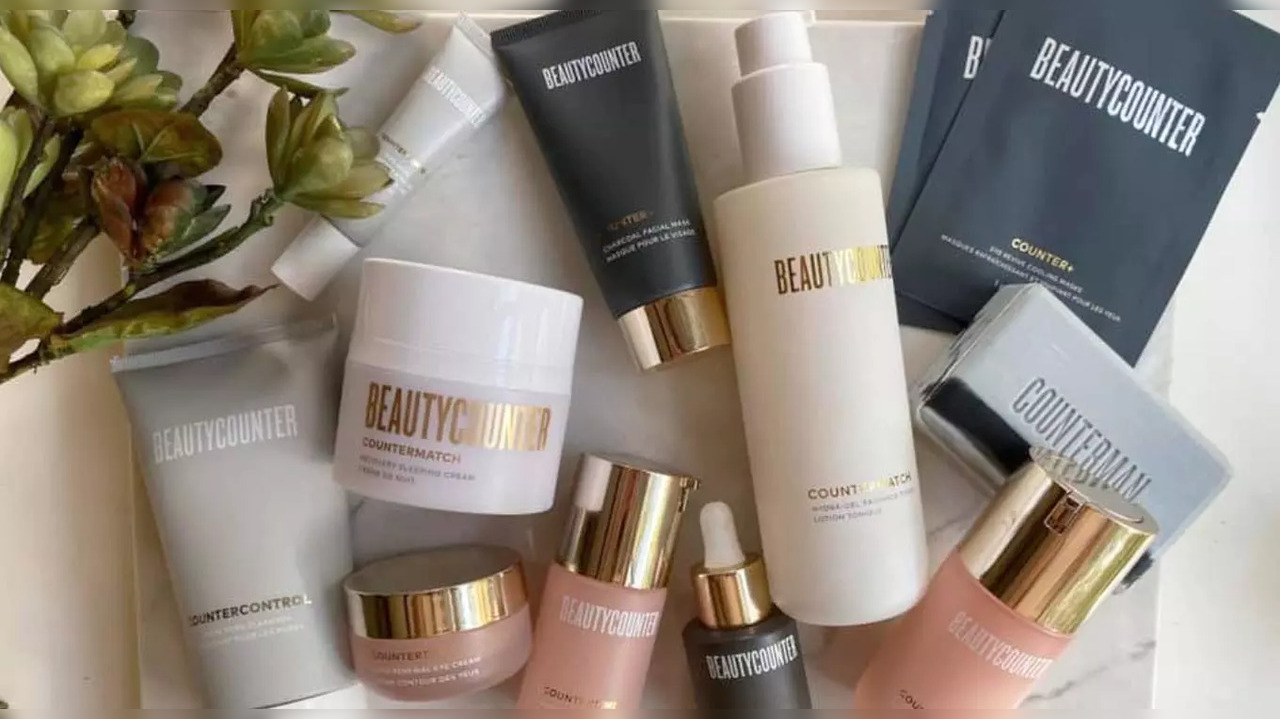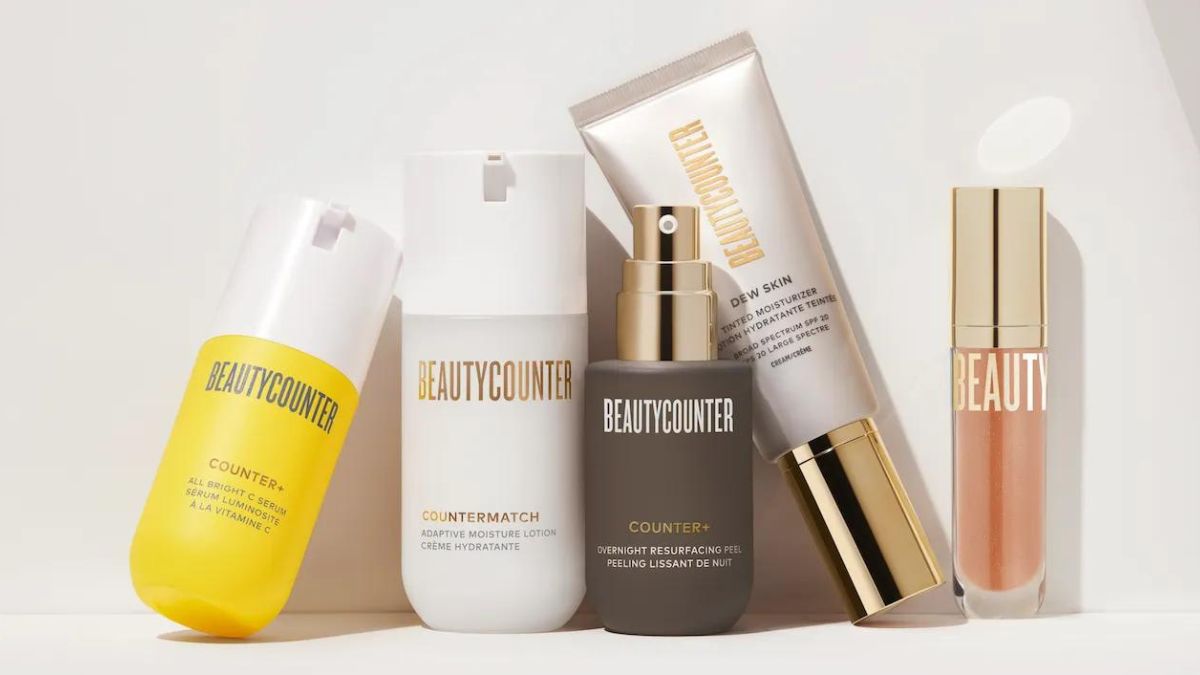Beautycounter's Closure: What Happened & What's Next? [Explained]
Is the clean beauty revolution facing a reckoning? Beautycounter, a brand that once epitomized the movement, is undergoing a dramatic restructuring, leaving consumers, consultants, and industry watchers alike in a state of bewilderment and uncertainty.
The timeline of events surrounding Beautycounter reads like a fast-paced business drama, filled with acquisitions, executive shake-ups, and ultimately, a temporary closure that has sent ripples through the beauty industry. In 2021, the Carlyle Group, a private equity firm, acquired the company, signaling a major vote of confidence in the brands potential. However, as reported to AdAge, the narrative took a sharp turn: the brand has been sold back to its founder, Gregg Renfrew.
| Category | Details |
|---|---|
| Full Name | Gregg Renfrew |
| Known For | Founder and Former CEO of Beautycounter |
| Birthdate | (Information Not Publicly Available) |
| Nationality | American |
| Education | (Information Not Publicly Available) |
| Career Highlights |
|
| Professional Information |
|
| Website Reference | LinkedIn Profile |
Over the last three years, Beautycounter experienced significant shifts. Gregg Renfrew, the visionary founder and CEO, departed the company in January 2023. In 2022, Marc Rey was appointed as CEO, while Renfrew transitioned to the roles of Executive Chair and Chief Brand Officer. The leadership carousel continued, with Mindy Mackenzie stepping in as Interim Chief Executive Officer in June 2023. The question on everyone's lips: Is Beautycounter going out of business? The answer, as it stands, is more complex than a simple yes or no.
The brand announced it would be closing temporarily until late 2024. Beautycounter assets were purchased through a foreclosure sale by G2G, a new company owned by Gregg Renfrew. The former holding company, Counter Brands, LLC, entered bankruptcy, adding another layer of complexity to the situation. This has left many consultants and customers in a difficult position, wondering what the future holds.
Gregg Renfrew, the driving force behind Beautycounter's inception, bought back the clean beauty line out of foreclosure on April 18, according to The Business of Beauty. According to the company, she will retain the brands name and assets, and the products and formulations will stay the same. This, however, doesn't negate the significant disruption to the company's operations.
In April 2021, after eight years in business, Beautycounter was acquired by the Carlyle Group for a staggering $1 billion. This deal was considered a groundbreaking moment for the clean beauty segment. The company, founded in 2013 by Gregg Renfrew, quickly gained popularity. The direct-selling business model allowed individuals to order, sell, and distribute products, earning commissions on sales. This model created a vast network of consultants and a loyal customer base.
On May 7, Renfrew posted an update on her Instagram page, explaining that Counter Brands, Beautycounter's parent company, was closing. This announcement came as a shock, particularly to the network of consultants who relied on the brand for income. "Beautycounter community, unfortunately, the Beautycounter business that youve known over the past years has been forced to wind down," Renfrew wrote. She also announced plans for a new venture, leaving the details open-ended.
The abrupt closure has raised many questions about the company's financial health and future strategy. It appears the brand ran out of money, despite the initial success and significant investment from The Carlyle Group. Renfrew stated that when she repurchased Beautycounter, the economic situation was worse than expected, with insufficient funds to cover its debts.
Reports indicate that the company's parent company, Counter Brands LLC, had raised $65 million in January. In May 2024, the company announced a temporary closure. This followed a series of events that signaled instability. Before the recent announcement, the company was already grappling with accusations of misleading practices and exploitation of its distributors. The abrupt termination of agreements with Beautycounter's agents further fueled speculation about the company's long-term viability.
The closure also renewed interest in Beautycounters past, particularly regarding the direct selling model and its impact on consultants. Many expressed concern and a sense of loss on social media, with some asking if any journalists were investigating the business practices and how the company's closure would impact women who relied on it for income. It is evident that the closure is having a significant impact on its stakeholders.
In May 2024, a shift was announced as well. Most people saw the terminations for those with other brands and then the closing of the brand down with a promise of relaunch. It was then, according to an email sent to former Beautycounter distributors, that Renfrew would launch a new company. The company also canceled its Capitol Hill DC advocacy trip for top earners.
Beautycounter, the cosmetic and skincare company, was known for its "clean beauty" products. The brand positioned itself as a leader in the movement, focusing on safety and transparency. Beautycounters shutdown has renewed interest in the companys controversial past. Before the abrupt terminations, the company was accused of misleading and exploiting its distributors.
Beautycounter's business model allowed individuals to order, sell and distribute products, as well as recruit others to do so, and earn a small commission on those sales. The company's direct selling approach fostered a strong community among its consultants, who often built close relationships with their customers. The launch of the clean eau de parfum collection was focused on closing the fragrance loophole, which the company described as a legal provision dating back to the 1970s that allows brands to use undisclosed ingredients.
The announcement of the temporary closure was met with dismay from reps and customers. Many were taken aback by the abrupt termination of agreements with Beautycounter's agents. The impact on stakeholders is evident, with many consultants losing their primary source of income. From now until the projected relaunch, all Beautycounter business operations are on pause, which means that orders cannot be placed through the Beautycounter website for the foreseeable future. The closure is impacting those who use the products in their daily routines.
As the dust settles, the future of Beautycounter remains uncertain. With Renfrew at the helm once more, the promise of a relaunch in 2025 offers a glimmer of hope. Whether the brand can regain its former status and rebuild trust with its consultants and customers is a question that only time will answer. The situation highlights the volatile nature of the beauty industry and the challenges that companies face when navigating economic headwinds and shifts in consumer behavior.
The saga of Beautycounter serves as a stark reminder of the complexities of the direct selling model, the importance of financial stability, and the need for transparency and trust in the beauty business. It also raises questions about the role of private equity in the beauty industry and the long-term impact of such investments. The unfolding story of Beautycounter is a case study that the beauty industry and anyone interested in the business world should watch.
:quality(85):upscale()/2024/05/08/966/n/1922153/d0a0df6e663bf8b57c3209.74425283_.jpg)

